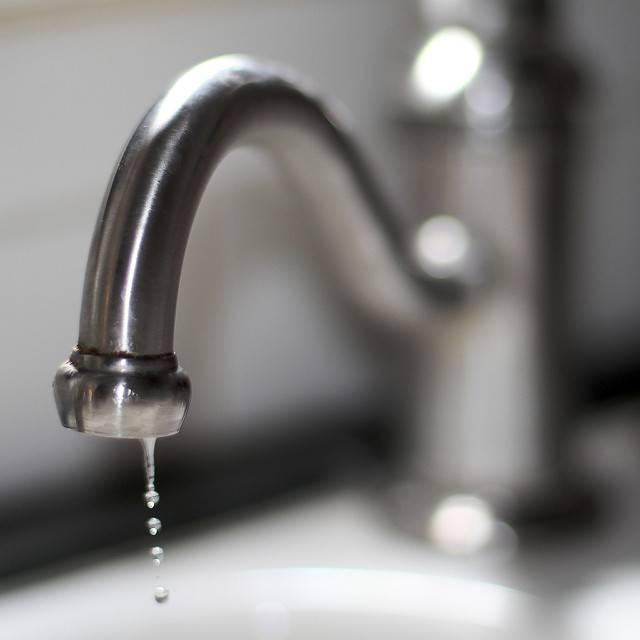
A team of researchers found a link between how climate change impacts untreated drinking water and the rate of gastrointestinal illness in children. The study, published in the Hydrology Journal, is the first one to research how future rainfall may impact human health.
Chris Uejio, assistant professor of geography at Florida State University and lead author of the study, looked at the gastrointestinal risk rate for children 5 years old and younger -- comparing the 19 years between 1991 and 2010 and projections for 2046 to 2065. Two Wisconsin researchers specializing in children's health also participated in the study.
The researchers chose to study kids from Wisconsin, in part because of the state's geography. As Uejio said, Wisconsin has “some underlying hydrogeology characteristics that make it a little more susceptible to groundwater contamination.” Wisconsin also has some cities that treat their water and some that do not, which allowed the team to make comparisons.
Uejio and his research team considered three scenarios in five northern Wisconsin municipalities with minimally-treated drinking water. In the first scenario, the research team tested the risk of childhood gastrointestinal illness (GI) if climate change continues on its current path.
They found that without installing additional drinking water treatment, increased rainfall from climate change could cause an approximate 1.5 percent increase in childhood GI, but it could be as high as 3.6 percent.
The second scenario looked at climate change and background levels of treatment, concluding that continued treatment would help alleviate the impacts of climate change in the future. But communities with untreated drinking water will still have increased rates of GI in kids.
The third scenario looked at larger cities that have better drinking water treatment. In those areas, the risk of illness dramatically decreased.
Around 20 million Americans have untreated water flowing through their taps, including people in rural areas who access drinking water from a well. “These households are particularly vulnerable to rainfall events and contamination events where disease-causing pathogens can get in their drinking water sources,” Uejio said in a statement.
Climate change and drinking water
Climate change will have an impact on drinking water. It will likely increase water demand while decreasing water supplies. Water is needed not just for daily uses, but also for agriculture, energy production, manufacturing, recreation and navigation. “Many of these uses put pressure on water resources, stresses that are likely to be exacerbated by climate change,” the U.S. Environmental Protection Agency says on its website.
Water supply is not the only thing to suffer from climate change impacts. Water quality is also likely to suffer in areas that experience rainfall increases. In the northeast and midwest, increases in heavy rain storms could cause sewer systems and water treatment plants to be overwhelmed by the increased water. Heavy downpours could increase the runoff into rivers and lakes, which would wash sediment, pollutants, nutrients, garbage and other materials into water supplies.
The 2014 National Climate Assessment cites a number of ways that climate change can impact drinking water quality. One of those is excess concentrations of several nutrients (nitrogen and phosphorous), heavy metals like mercury, and other toxins in lakes. Water quality can also worsen because of “lower and more persistent low flows under drought conditions,” the assessment found.
Increased floods can also impact water quality in large river basins by increasing the mobilization of sediments. There could be “potentially large increases in some areas” of sediment mobilization, according to the assessment -- which would result reservoir storage and river channels being altered, also affecting the water supply.
Jacques-Yves Cousteau once said, “The cycle of life is intricately joined with the cycle of water.” The possible impacts to America's drinking water supply from climate change mean we must do whatever is necessary to protect our water sources. Studies like Uejio's are a good place to start, and he hopes that his research will spur others to investigate the impacts in other U.S. regions.
Image credit: Flickr/Eric Norris

Gina-Marie is a freelance writer and journalist armed with a degree in journalism, and a passion for social justice, including the environment and sustainability. She writes for various websites, and has made the 75+ Environmentalists to Follow list by Mashable.com.














